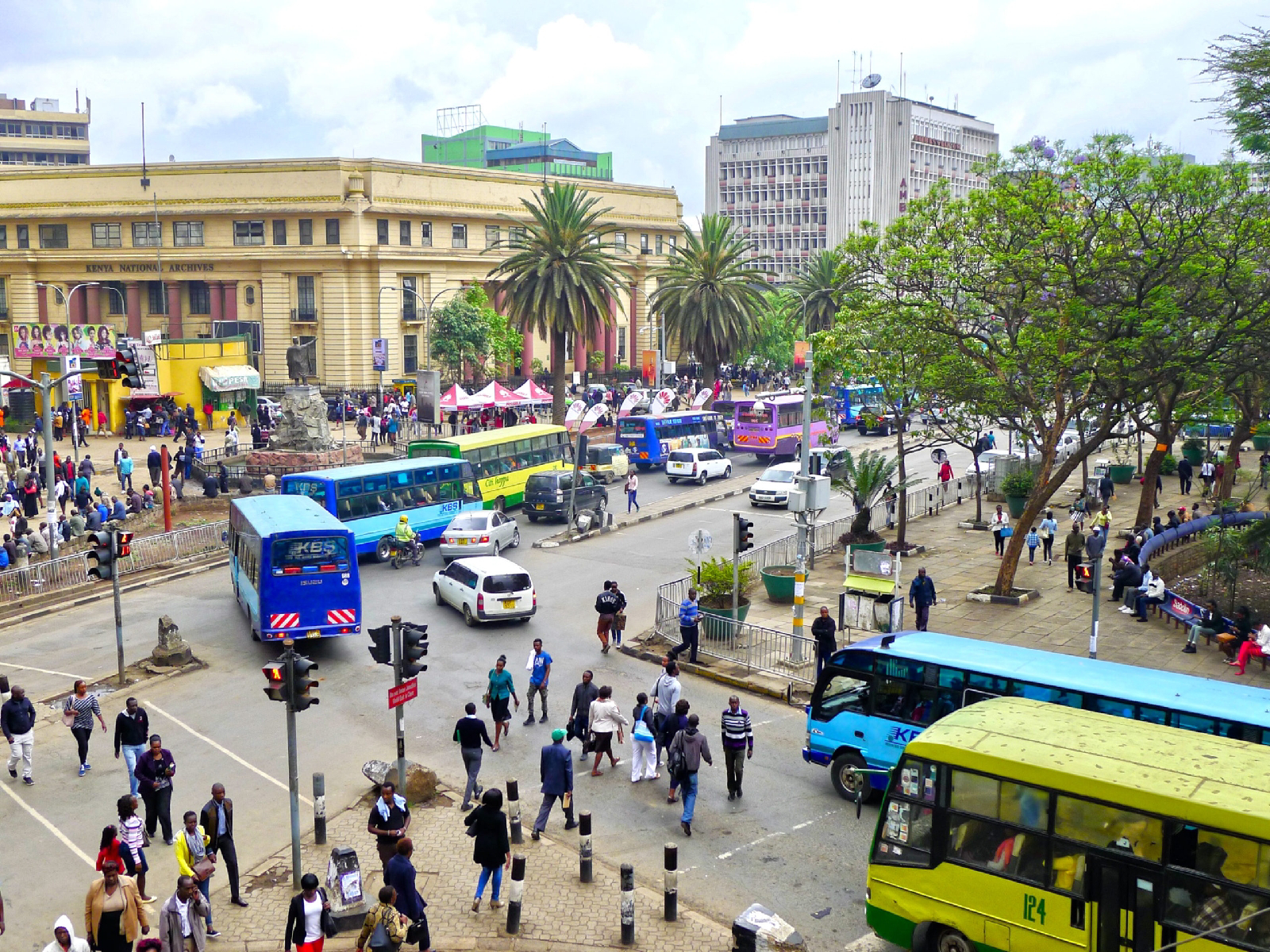Private Security Sector Urged to Embrace Technology for a Safer Future
(PSIA Chairman Cosmas Mutava)
The Protective Security Industry Association (PSIA) has called on private security players to adopt cutting-edge technologies and embrace innovation as the industry continues to evolve rapidly.
PSIA Chairman Cosmas Mutava remains optimistic about the industry's future despite the challenges faced in 2024. He predicts a transformative 2025, emphasizing the need for collaboration across stakeholders, including security professionals, industry associations, and communities.
“As we move into 2025, the private security industry is uniquely positioned to address some of society’s most pressing safety concerns. But success will require collaboration at all levels,” Mutava remarked.
Highlighting the transformative role of technology, he noted that advancements like artificial intelligence, advanced surveillance systems, and integrated access control solutions have become indispensable in enhancing safety and operational efficiency.
“This year, technology will once again define how we approach security. These tools enable us to provide smarter, faster, and more effective solutions for our clients,” Mutava explained.
Despite the growing reliance on technology, Mutava underscored the indispensable role of private security officers as the industry’s backbone. He emphasized their critical responsibilities, from responding to emergencies to building trust with clients and communities.
However, he lamented the lack of full professionalization in the sector. “In 2024, private security officers proved essential, often bridging the gap between safety and crisis. Yet, there remains an urgent need for greater investment in training, certification, and career development,” he said.
Mutava called for higher industry standards, better wages, and clear career paths to attract and retain top talent. He envisions 2025 as a pivotal year for professionalizing the sector and enhancing the recognition of private security personnel.
He stressed the synergy between technology and human expertise, noting that technology can never replace the critical thinking, empathy, and adaptability of security officers. “The future lies in integrating technological solutions with human expertise for a cohesive approach to safety,” he observed.
Addressing Key Challenges
Mutava attributed the growth of private security services in Kenya to rising crime rates, fueled by spiraling unemployment. While commending the government’s affordable housing program for employing many youths, he urged further investment in agri-manufacturing to create more opportunities.
He also highlighted the urgent need for a functional regulatory framework for the private security sector. Since the enactment of the Private Security Regulation Act in 2015, regulations have yet to be implemented. Mutava petitioned the government to expedite the operationalization of the Act.
“A robust regulatory framework will ensure proper licensing, vetting, and training of security personnel while addressing persistent issues like low wages,” Mutava stated.
As the private security sector prepares for a transformative year, industry players are urged to adapt to the changing landscape by embracing technology, enhancing professional standards, and fostering collaboration to safeguard communities effectively.




Comments
Post a Comment